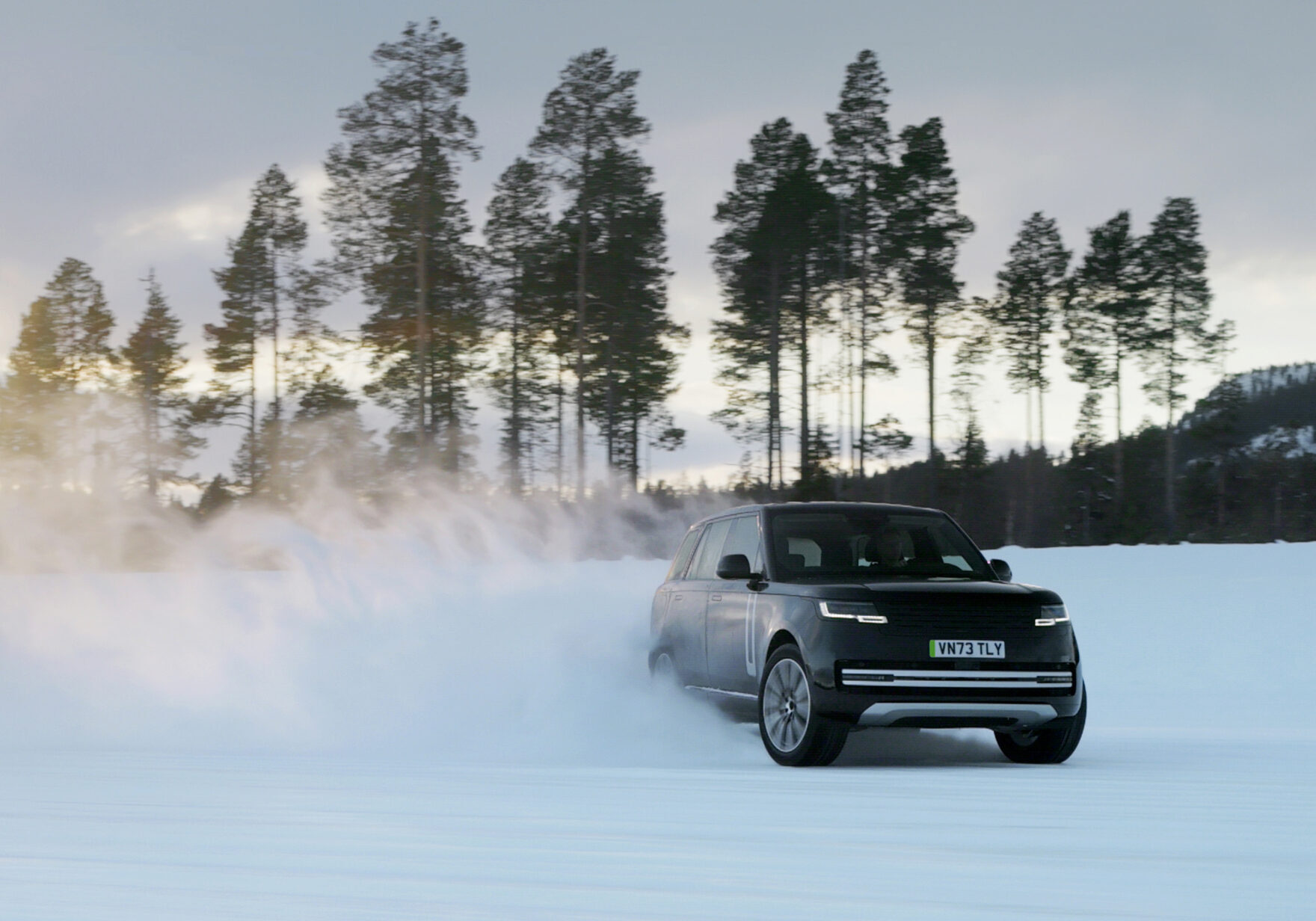Jaguar Land Rover (JLR) has announced a delay in the launch of its highly anticipated Range Rover Electric, pushing the delivery date back to 2026 from the originally planned late 2025. This delay, communicated directly to customers on the waitlist, is attributed to the need for additional testing and a strategic wait for electric vehicle (EV) demand to strengthen. The postponement raises questions about the broader implications for JLR’s electric vehicle strategy and its impact on the upcoming Jaguar models.
The Range Rover Electric was initially set to begin deliveries in late 2025, with prototypes undergoing final testing stages. However, recent updates on the Range Rover website now indicate that orders will commence in 2026. According to reports, JLR has informed approximately 62,000 waitlist customers about this delay. The company cited the necessity for more thorough testing and the anticipation of increased EV demand as the primary reasons for the postponement.
In a statement to Reuters, JLR said, “Our plans and vehicle architectures are flexible so we can adapt to different market and client demands,” while reaffirming their commitment to selling electric versions of all their brands by 2030.
This delay is not isolated to the Range Rover Electric. Sources close to JLR suggest that the launch of new Jaguar electric models, including the highly anticipated Type 00 concept, may also be affected. The Type 00, expected to cost over £100,000 and boast more than 575bhp, was slated for production starting in August 2026. Additionally, other Jaguar models planned for 2027, such as a large luxury saloon and an SUV, might face similar delays.
The delay in the Range Rover Electric’s launch could have a ripple effect on JLR’s entire EV lineup. The Range Rover Velar EV, expected to hit the market in mid-2026, might also see its timeline shifted. Furthermore, the Defender EV, initially planned for the first quarter of 2027, could be impacted by the same factors driving the Range Rover Electric’s delay.
JLR’s commitment to electrification remains firm, with the company stating that by 2030, it will offer electric versions of all its luxury brands. However, the flexible nature of their vehicle architectures allows for adjustments in launch timelines to ensure that new models are introduced “at the right time” for both clients and markets.
Despite the delay, details about the Range Rover Electric have been shared. The electric SUV is expected to feature a 117kWh battery pack, offering a real-world range of approximately 300 miles. Powering the vehicle will be an electric motor producing 542bhp, ensuring performance matches or exceeds that of its internal combustion engine counterparts.
The Range Rover Electric will be built on JLR’s Modular Longitudinal Architecture (MLA) platform, specifically the MLA-Flex variant, which accommodates both traditional and electric powertrains. This flexibility allows JLR to produce a range of vehicles from the same platform, reducing costs and increasing efficiency.
Inside, the Range Rover Electric is anticipated to retain the luxurious appointments that define the Range Rover brand, including advanced infotainment systems like the Pivi Pro touchscreen with haptic feedback, a 13.7-inch digital instrument cluster, and premium materials
This delay comes at a time when the automotive industry is experiencing fluctuating demand for electric vehicles. While interest in EVs remains strong, particularly in the luxury segment, manufacturers are navigating challenges such as supply chain issues, technological advancements, and market readiness. JLR’s decision to delay the Range Rover Electric launch reflects a cautious approach to ensuring that their first fully electric Range Rover meets the high standards expected from the brand while aligning with market demand.
Moreover, JLR has been impacted by external factors such as US tariffs, which led to a 15.1% drop in sales in the three months to June 2025, following a temporary pause in exports to the US. The company has also implemented cost-saving measures, including a voluntary redundancy scheme for up to 500 managers. However, a recent limited trade deal with the US is expected to alleviate some of these pressures by reducing tariffs on UK exports.
JLR’s strategic adjustments also consider the financial benefits of continuing to sell lucrative petrol and diesel hybrid models while refining their EV offerings. The delay allows JLR to balance immediate financial pressures with long-term electrification goals.
JLR has announced significant investments in its transition to electric vehicles. The company is set to transform its Halewood plant in Merseyside into its first all-electric car manufacturing facility. Additionally, a new battery factory in Somerset, built by Tata subsidiary Agratas, is expected to start production in the last quarter of 2027.
For the Jaguar brand, JLR is reimagining its lineup with a focus on electric vehicles. The first of these new Jaguars will be a four-door grand tourer, expected to offer a range of up to 700 km (430 miles) and priced from £100,000. This model, along with others planned for 2027, will be built on JLR’s new Electric Modular Architecture (EMA), designed specifically for electric vehicles (JLR Corporate Website).
Conclusion
The delay of the Range Rover Electric to 2026 is a significant development for JLR, highlighting the complexities of transitioning to electric vehicles in a rapidly evolving market. While this postponement may disappoint eager customers, it underscores JLR’s commitment to delivering a product that not only meets but exceeds expectations. As the automotive world continues to shift towards electrification, JLR’s strategic adjustments will be closely watched by industry observers and consumers alike.
Mark Salisbury, Editor







